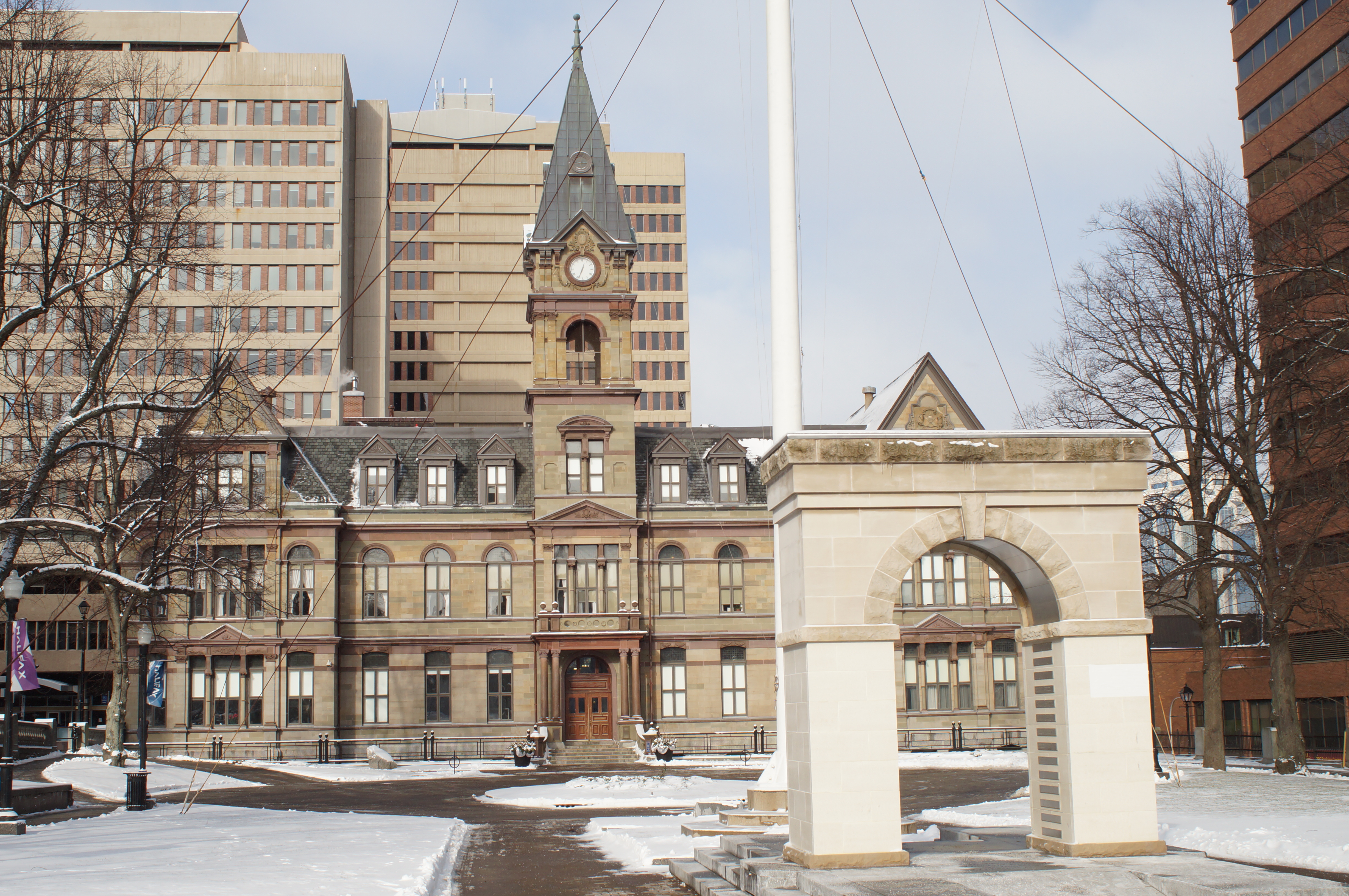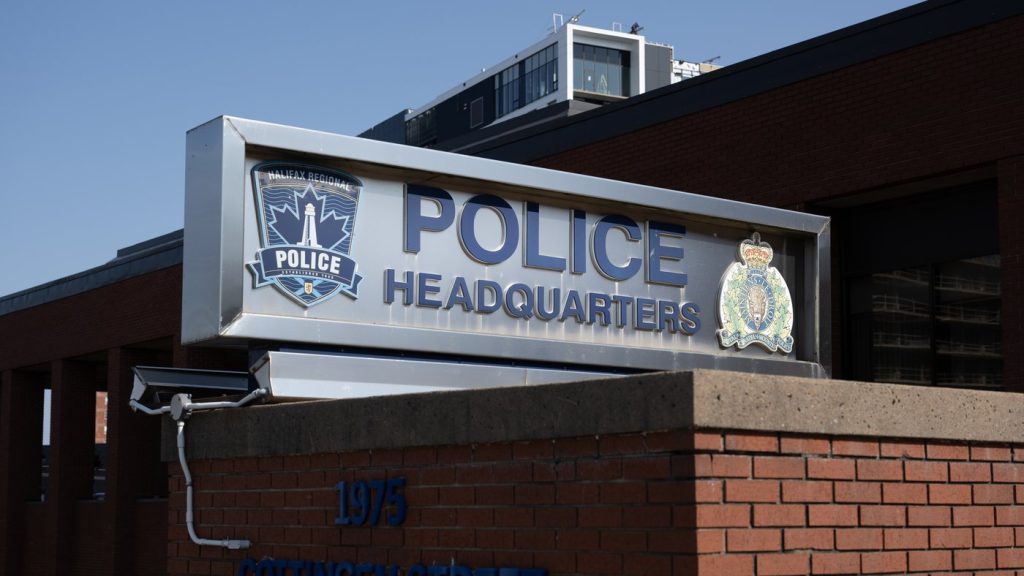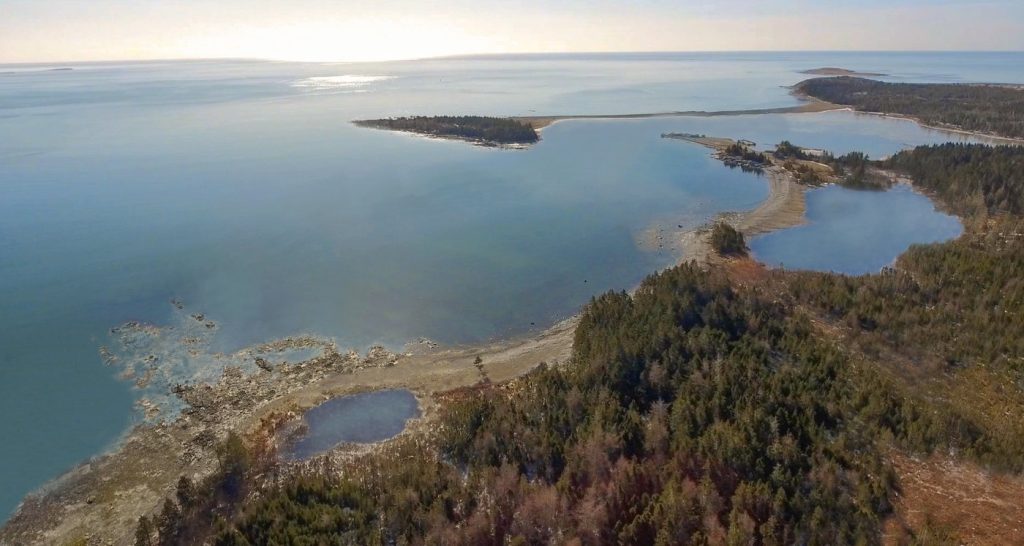Kosovo authorities close parallel institutions run by ethnic Serb minority
Posted Jan 15, 2025 11:49:59 AM.
Last Updated Jan 15, 2025 12:01:51 PM.
PRISTINA, Kosovo (AP) — Kosovo authorities on Wednesday said they had closed all so-called parallel institutions used by the ethnic Serb minority and supported by neighboring Serbia in a move condemned by the European Union.
The offices that were closed by police and other law enforcement include the local Serb administration, postal and tax agencies in 10 municipalities where ethnic Serbs live in Kosovo.
“From today on, the chapter of Serbia’s illegal criminal parallel structures in the Republic of Kosovo is closed,” said Interior Minister Xhelal Svecla.
The EU criticized the closure, saying the status of Serbia-supported structures is foreseen to be resolved through the EU-facilitated dialogue between Serbia and Kosovo. Their relations remain tense since the former Serbian province declared independence in 2008, which Belgrade doesn’t recognize, following NATO’s 78-day bombing campaign in 1999 that ended a war between Serbia and ethnic Albanian separatists.
“Kosovo’s recent actions against and closure of Serbia-supported structures, conducted in the midst of the election campaign for the 9 February parliamentary elections, go against its obligations towards the European Union under the normalization process,” the EU said in a statement.
There was no immediate reaction from Serbia.
Ivan Milojevic, a Serbian worker at the post office in Gracanica, a municipality close to capital Pristina and mostly populated by ethnic Serbs, said that the closure was part of Kosovo Prime Minister Albin Kurti’s pressure on Serbs ahead of the Feb. 9 parliamentary election.
Kosovo’s government last year banned banks and other financial institutions in the four northern municipalities where most of the Serbs live from using other currencies in local transactions. In September it closed more Serb-run institutions in five other municipalities.
Kosovo has accused Serbia of organizing a plot to grab its northern territory in September 2023, and of planting explosives against water systems in November last year. Serbia denied the accusations.
Kosovo’s ethnic Serbs make up about 2.3% of its 1.6 million population, according to last year’s census. Serbs, who largely boycotted the census, have not accepted those figures saying they are too low.
Zenel Zhinipotoku And Llazar Semini, The Associated Press








